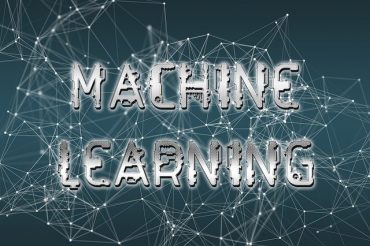
The first realization of that effort is a new AI Catalog from DataRobot, which makes it easier for business analysts and citizen data scientists to prepare data for machine learning.
DataRobot has acquired Paxata, a provider of a data fabric and data prepping tools, as part of an effort to create an end-to-end platform for artificial intelligence (AI) applications that spans everything from how raw data is collected to the way an AI application is built and deployed.
While DataRobot plans to continue to make the data prep tools created by Paxata in a stand-alone fashion, the acquisition of the company fills a significant data preparation gap in DataRobot’s ambitions to build an AI platform, says Phil Gurbacki, senior vice president for product management and customer experience at DataRobot.
See also: Continuous Intelligence Data Considerations
The first realization of that effort is a new AI Catalog from DataRobot, which makes it easier for business analysts and citizen data scientists to prepare data for machine learning. In fact, the primary reason DataRobot chose to acquire Paxata is that the data prepping tools the company developed for business analysts also adapt themselves to the unique requirements of prepping data for AI applications, says Gurbacki.
In fact, Gurbacki notes any organization building an AI application today will encounter significant data management challenges.
“It’s a critical need for all of our customers,” says Gurbacki.
Unlike in traditional business intelligence (BI) application environments, the need to prep data in AI environments becomes a continuous process. AI models need to be regularly updated and retrained as new data sources become available. To facilitate that process DataRobot plans to leverage the expertise of both companies to define a set of best practices for building pipelines and managing AI applications, says Gurbacki.
That DataRobot platform, adds Gurbacki, not only spans multiple computing frameworks such as Apache Spark, it’s also designed from the ground up to address the needs of multiple classes of end-users, analysts, and developers participating in the AI development processes. The next major initiative will also serve to make the DataRobot platform more programmatically addressable for developers, notes Gurbacki.
As a rule, Gurbacki says DataRobot is fairly selective about the customers it is willing to engage. Far too many organizations appear to want to launch AI projects simply so they can say they have one. DataRobot will vet customer AI project based on the achievability of a clear business outcome before deciding to make any commitment, says Gurbacki.
Paxata is the third acquisition DataRobot has made this year as part of its quest to build an AI platform. Previously, DataRobot acquired ParallelM, which has been integrated into the company’s machine learning operations (MLOps) platform, and Cursor, which has been integrated into the AI Catalog the company just launched. DataRobot thus far has raised $431 million in funding, while Paxata prior to being acquired has raised $90 million.
It’s still too early to say how the AI platform wars will play out. Organizations will need to carefully weigh not just how robust the AI applications they can build are using any platform, but also how quickly those AI applications can be built, deployed, and updated. After all, the useful life of any AI model is likely to be fleeting as not just new sources of data become available, but also the goals of the business continue to evolve and change.



























